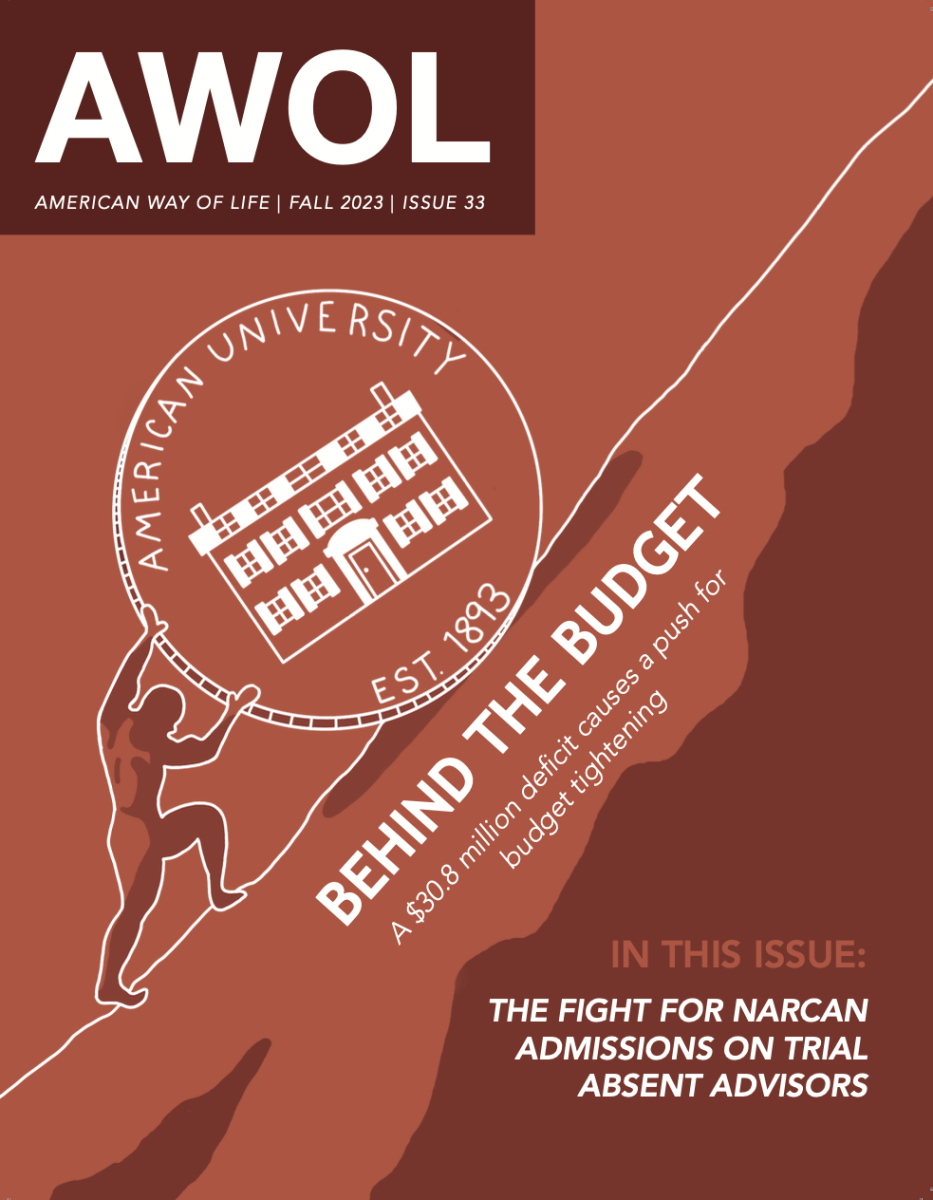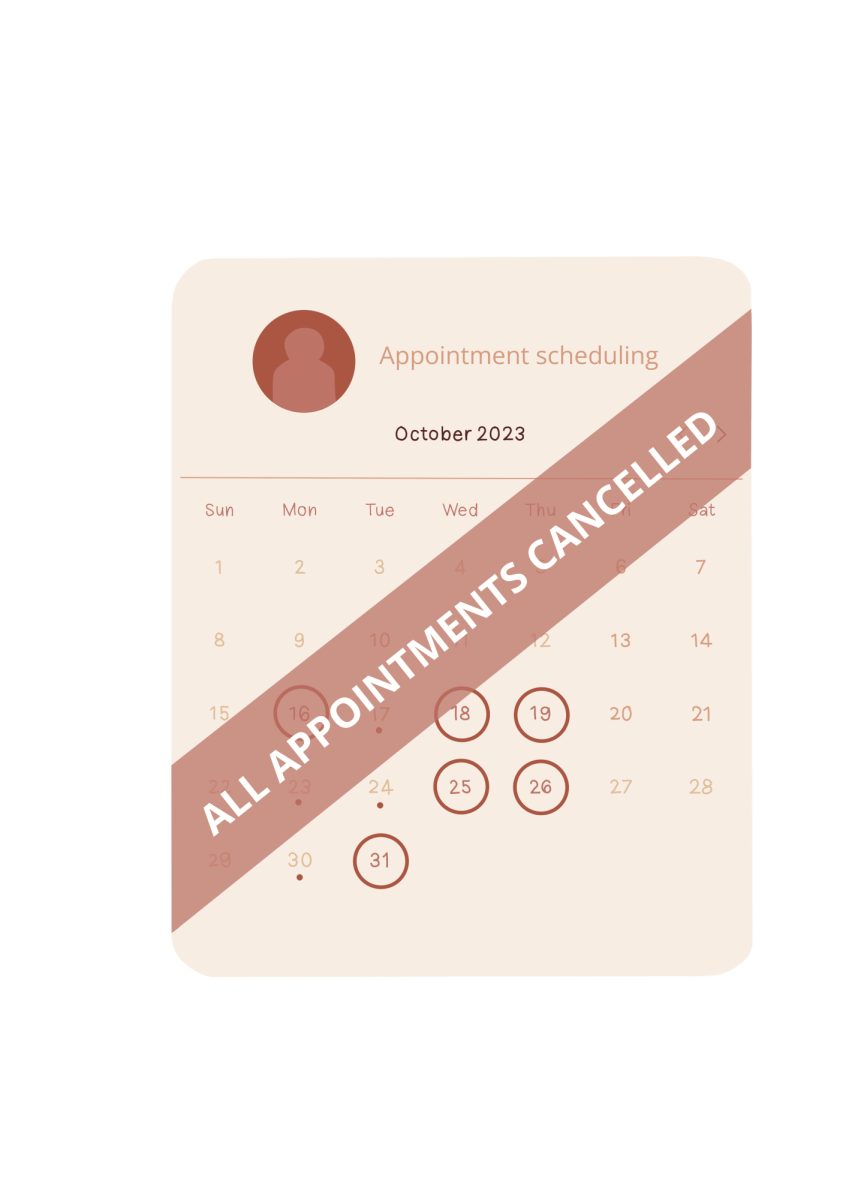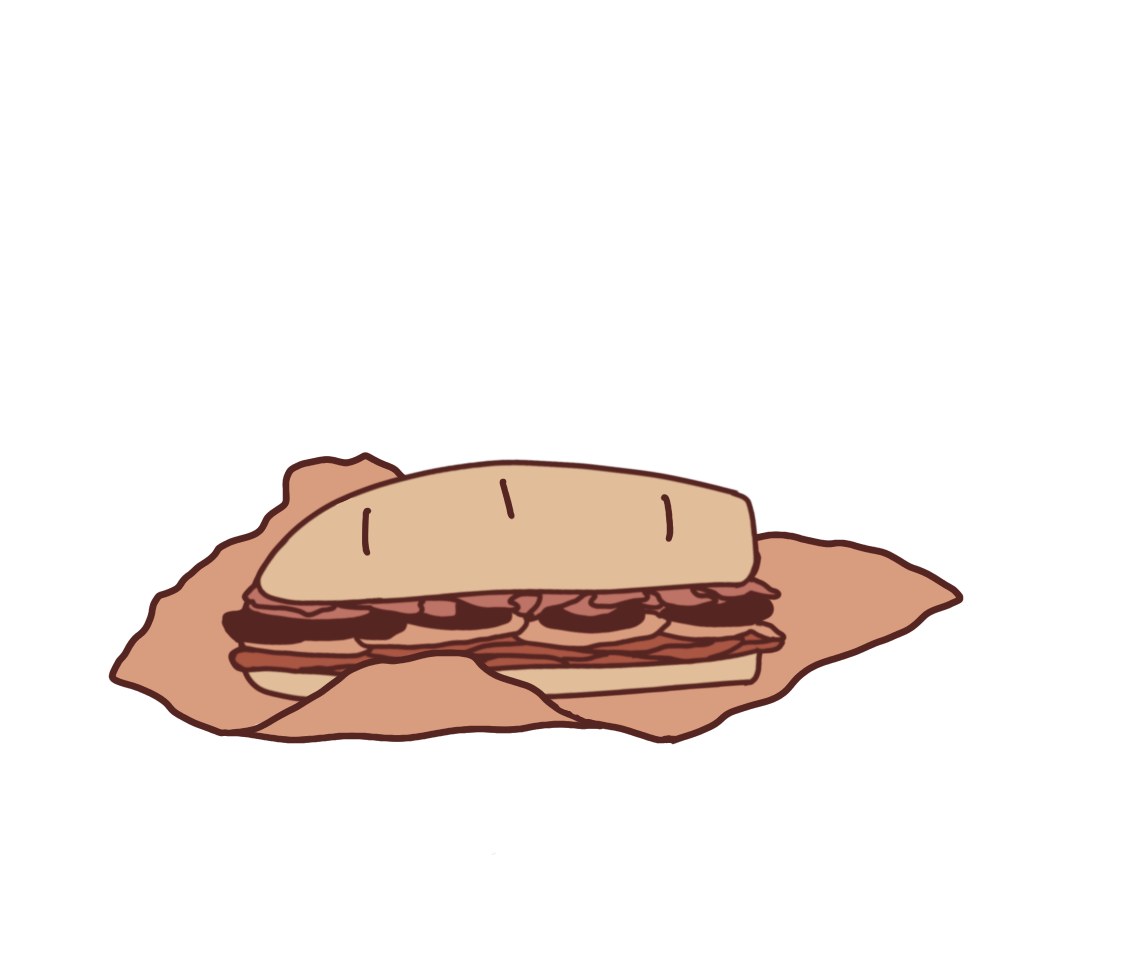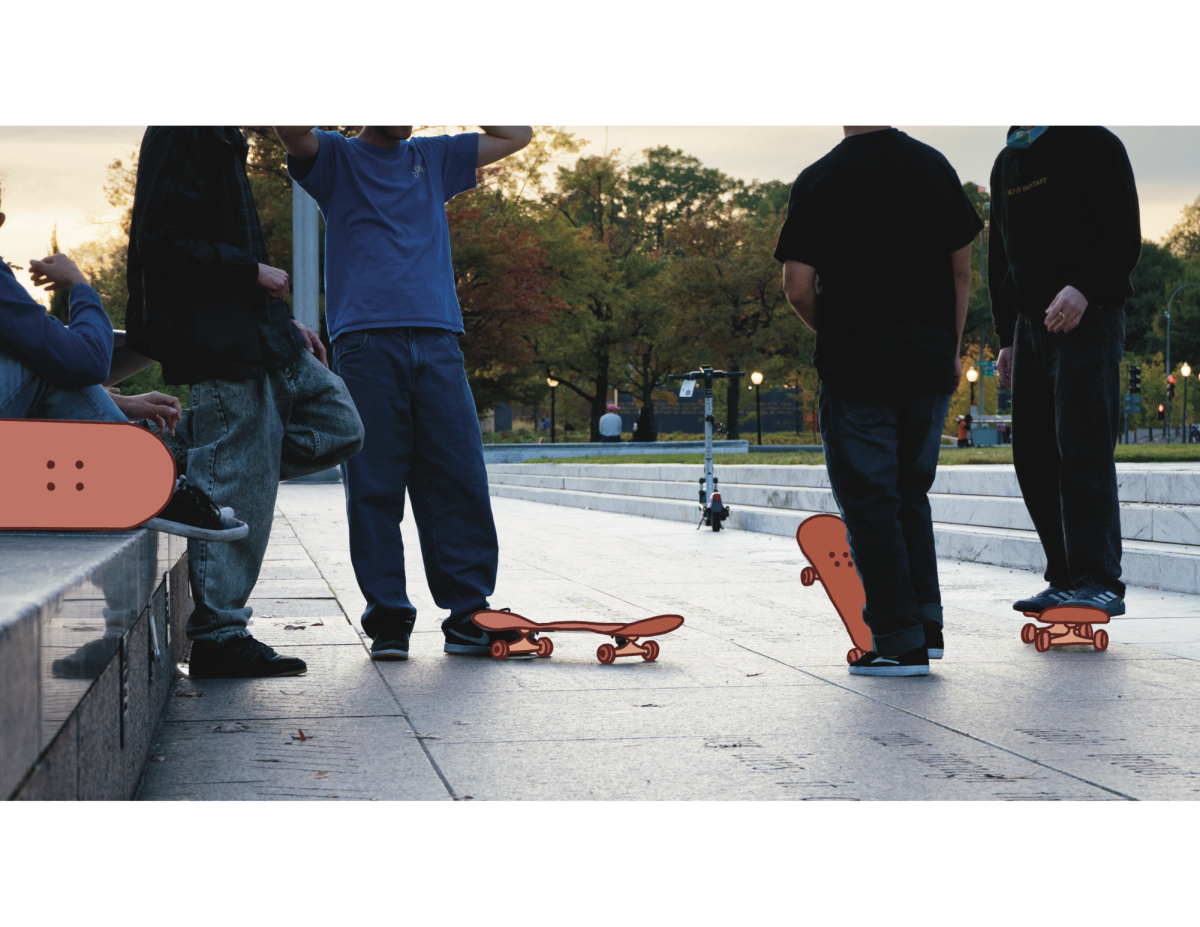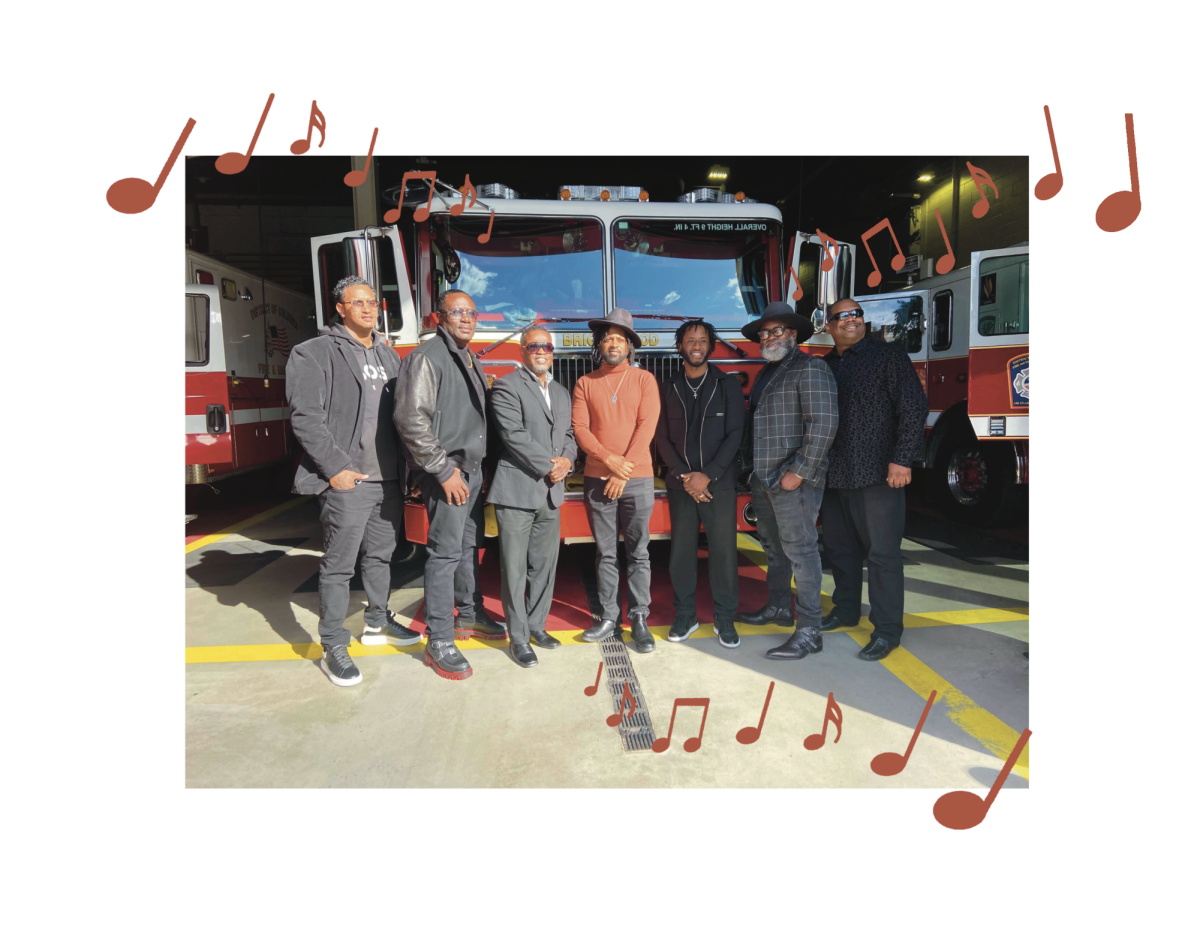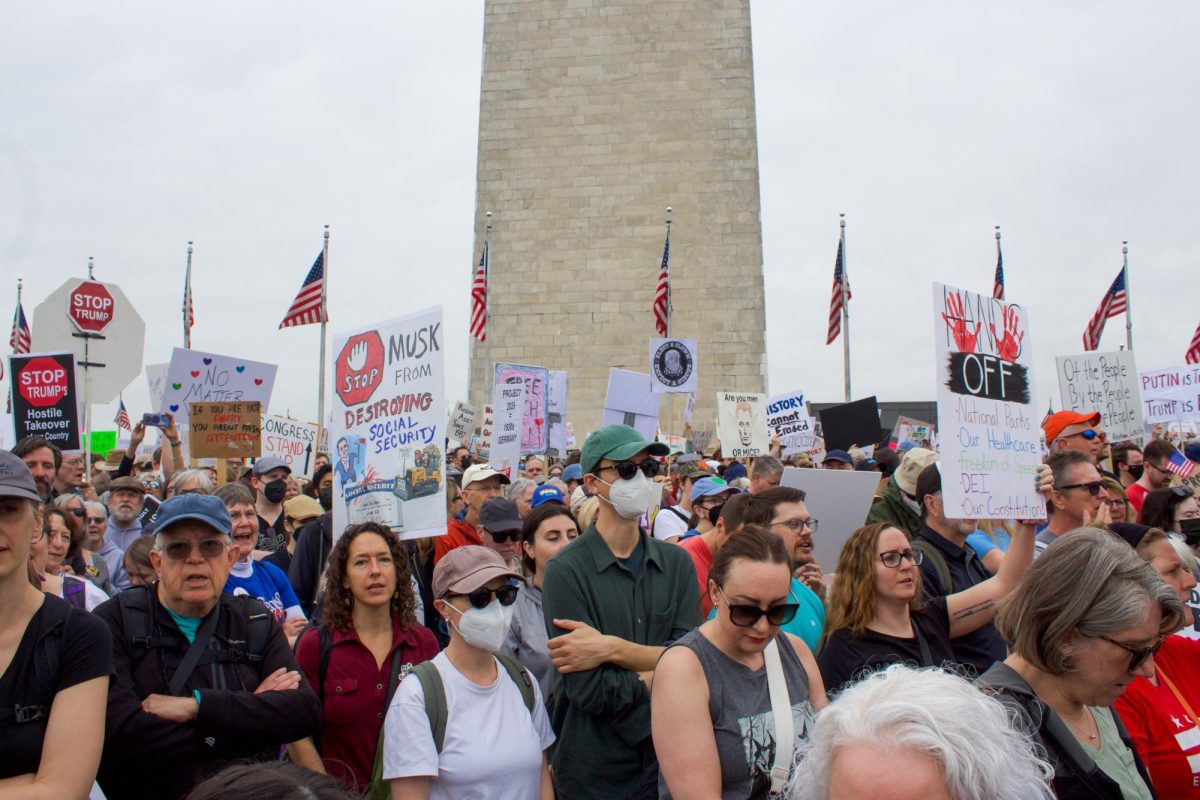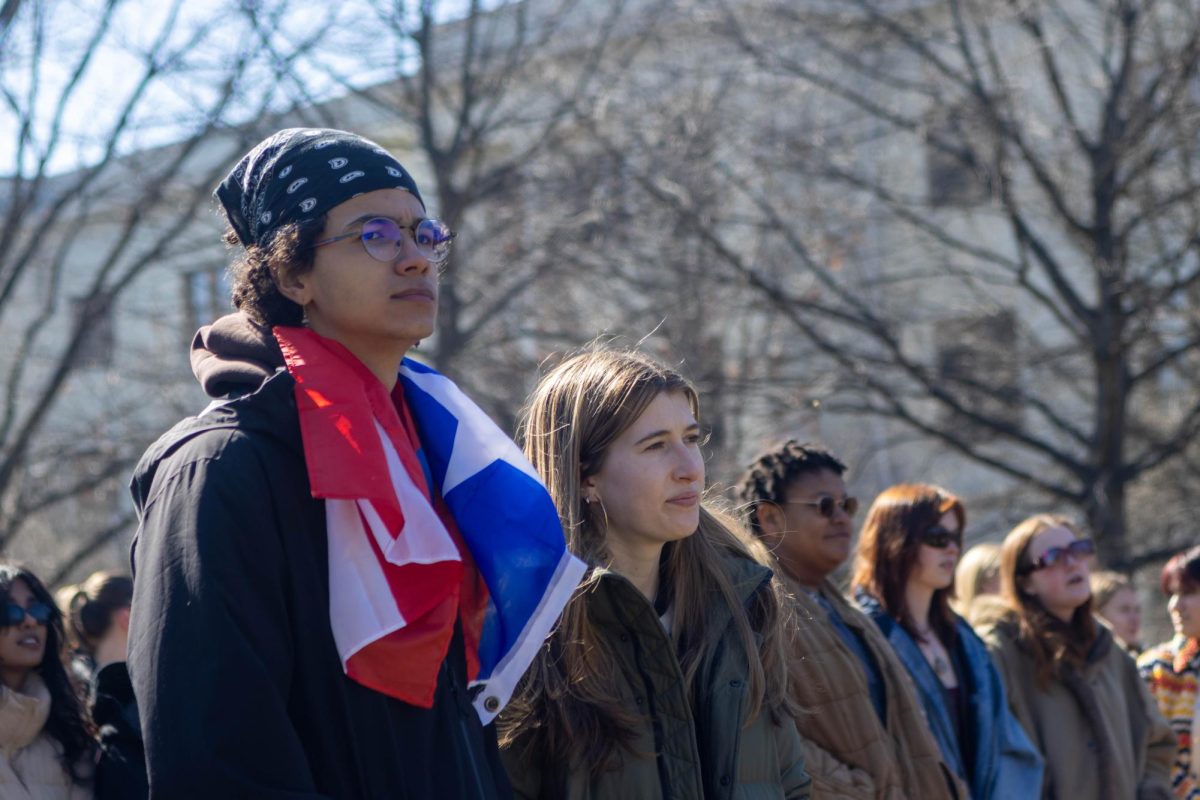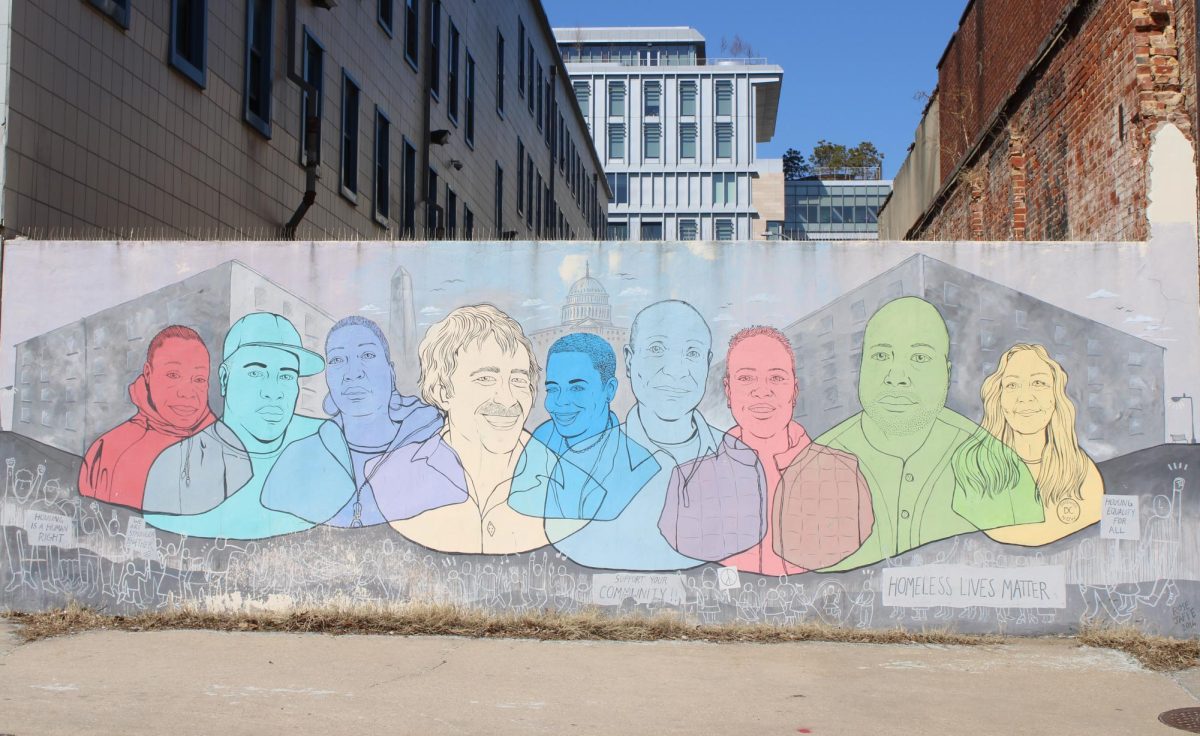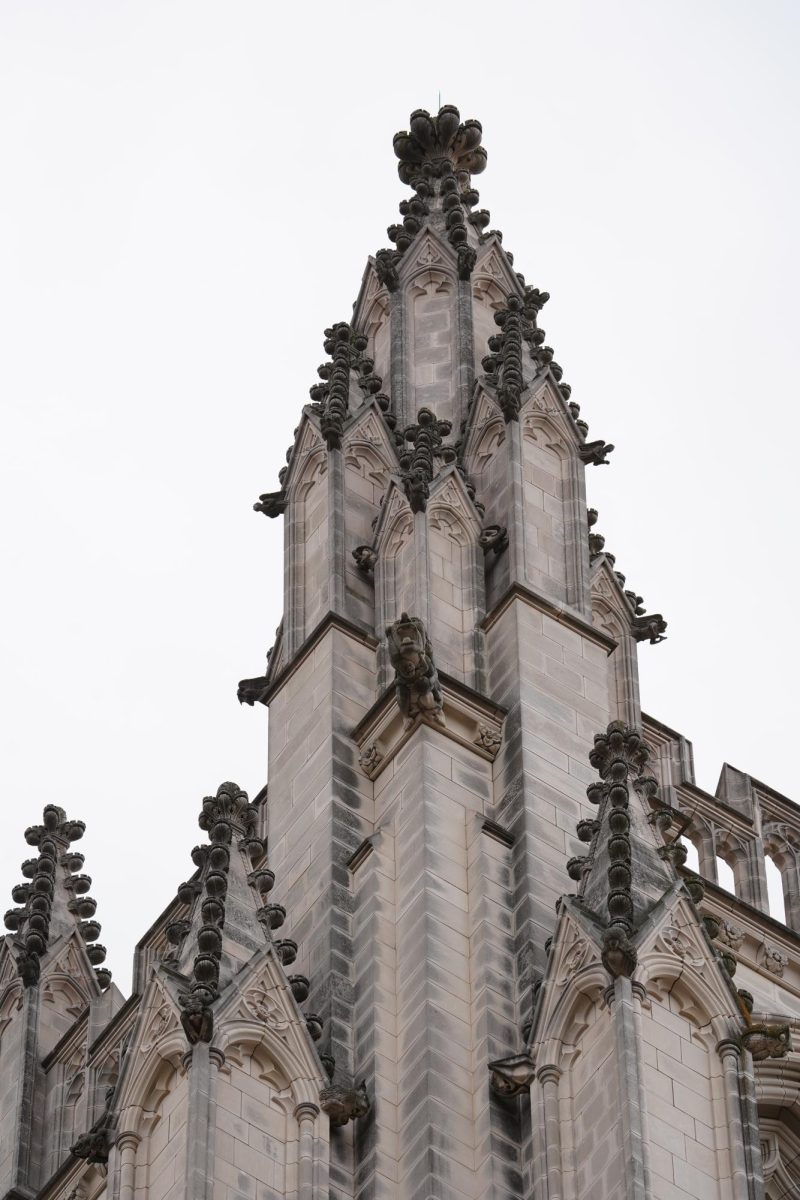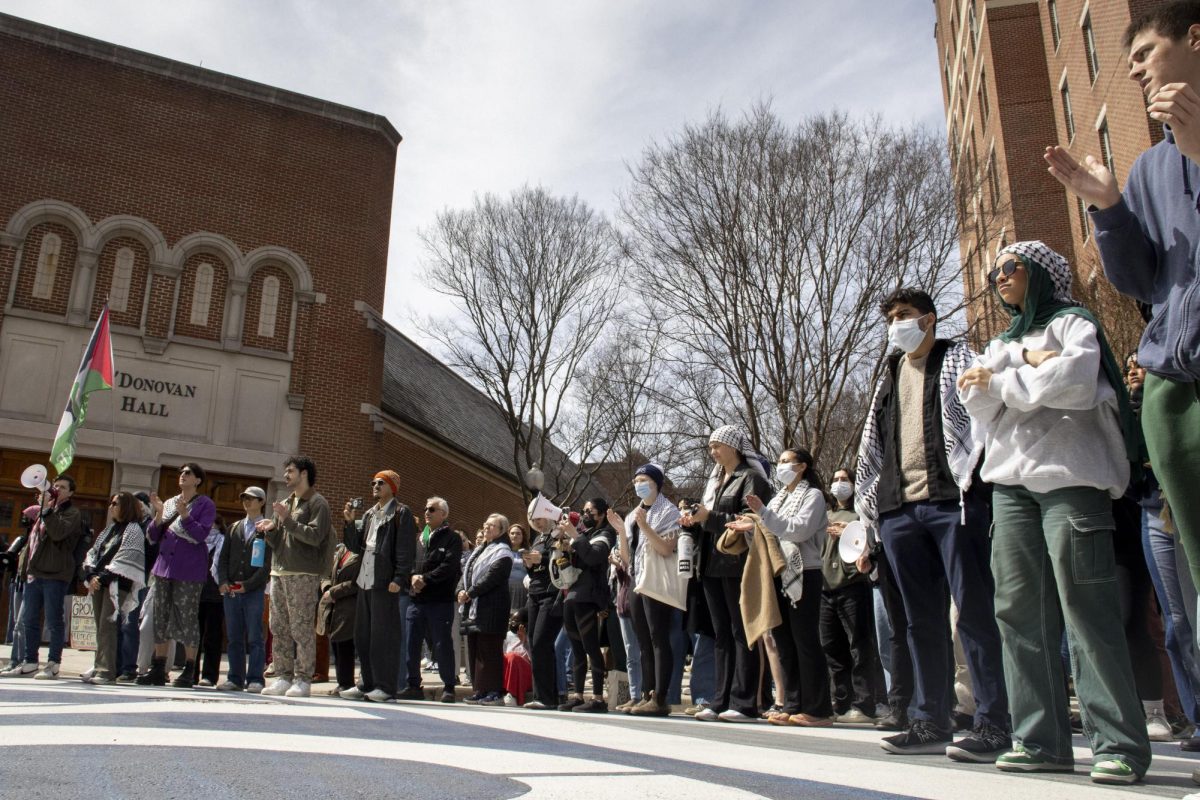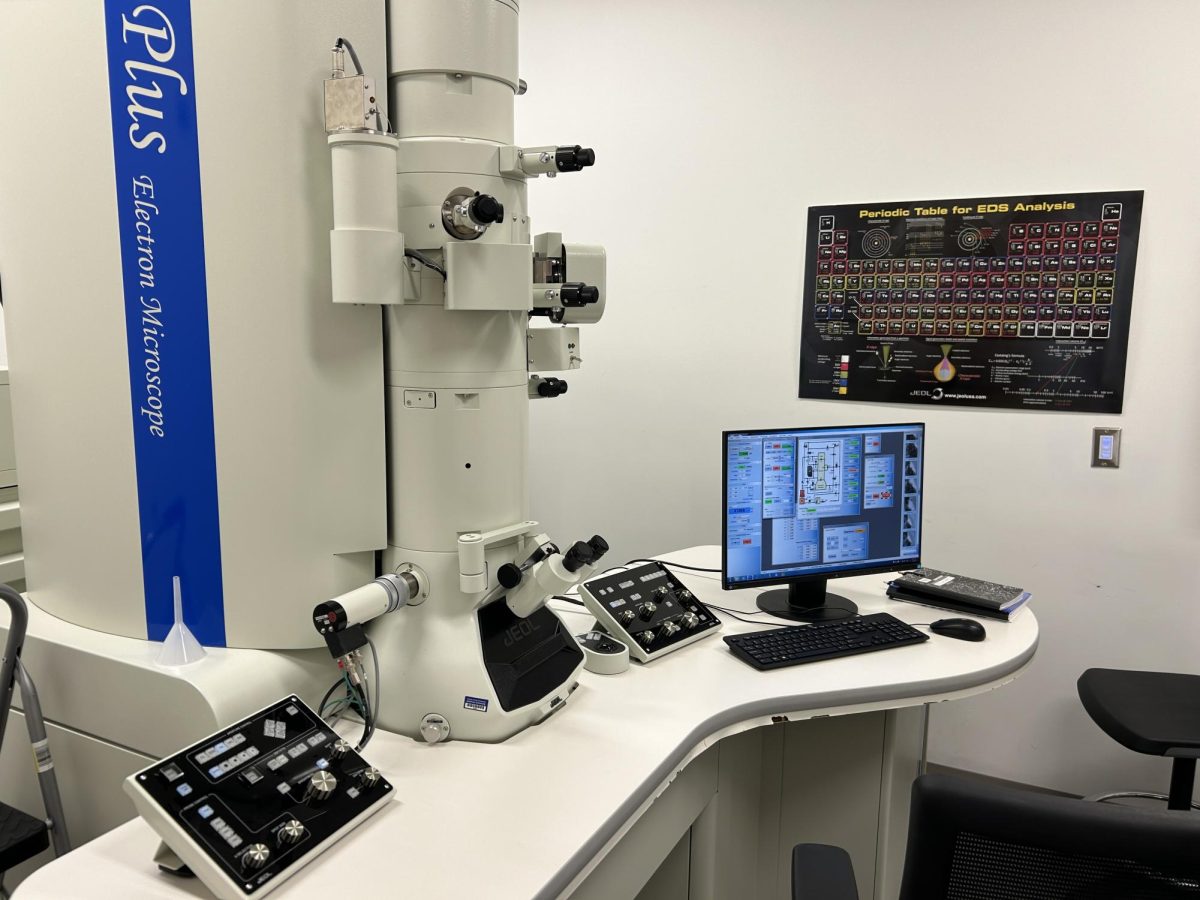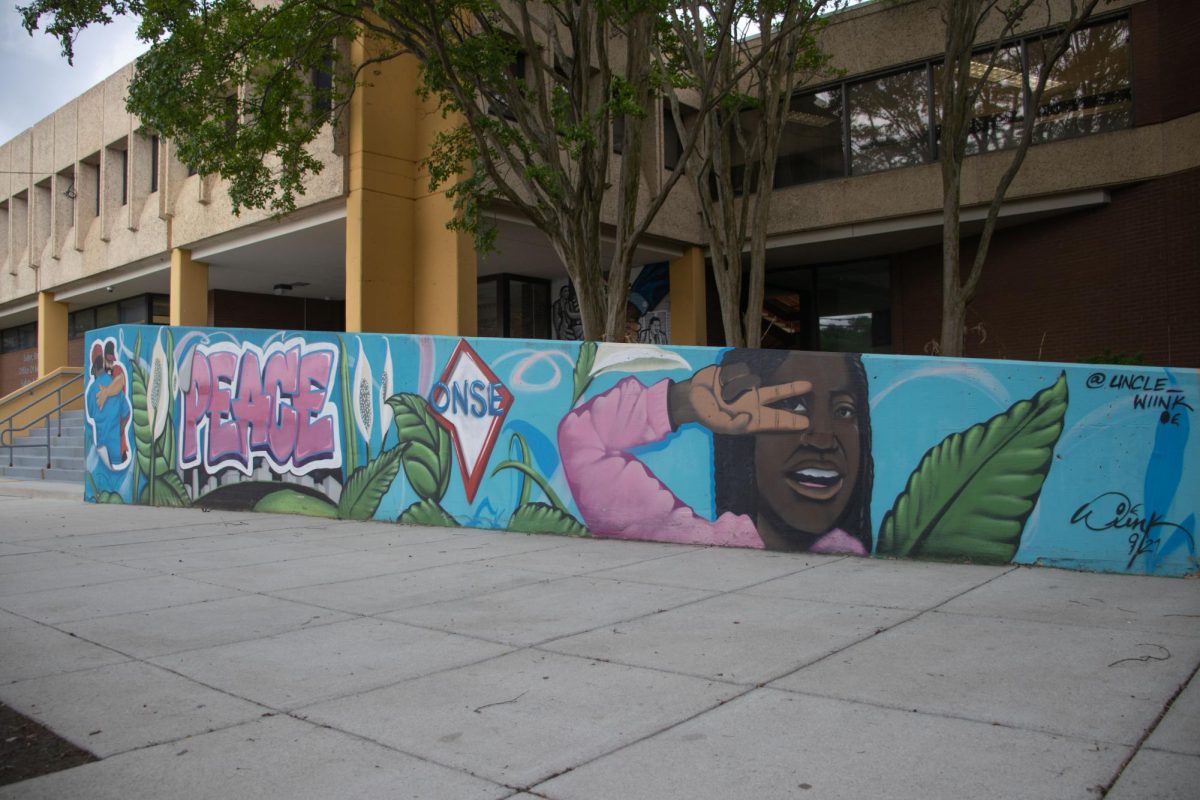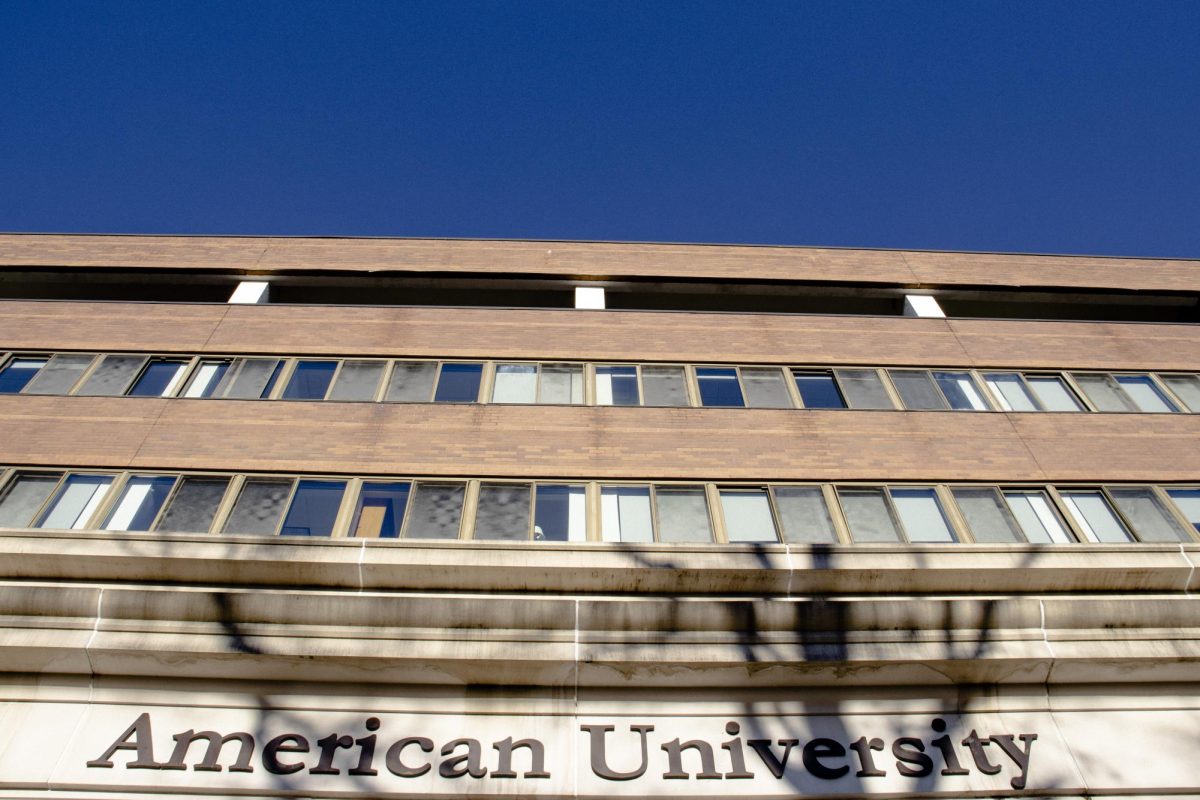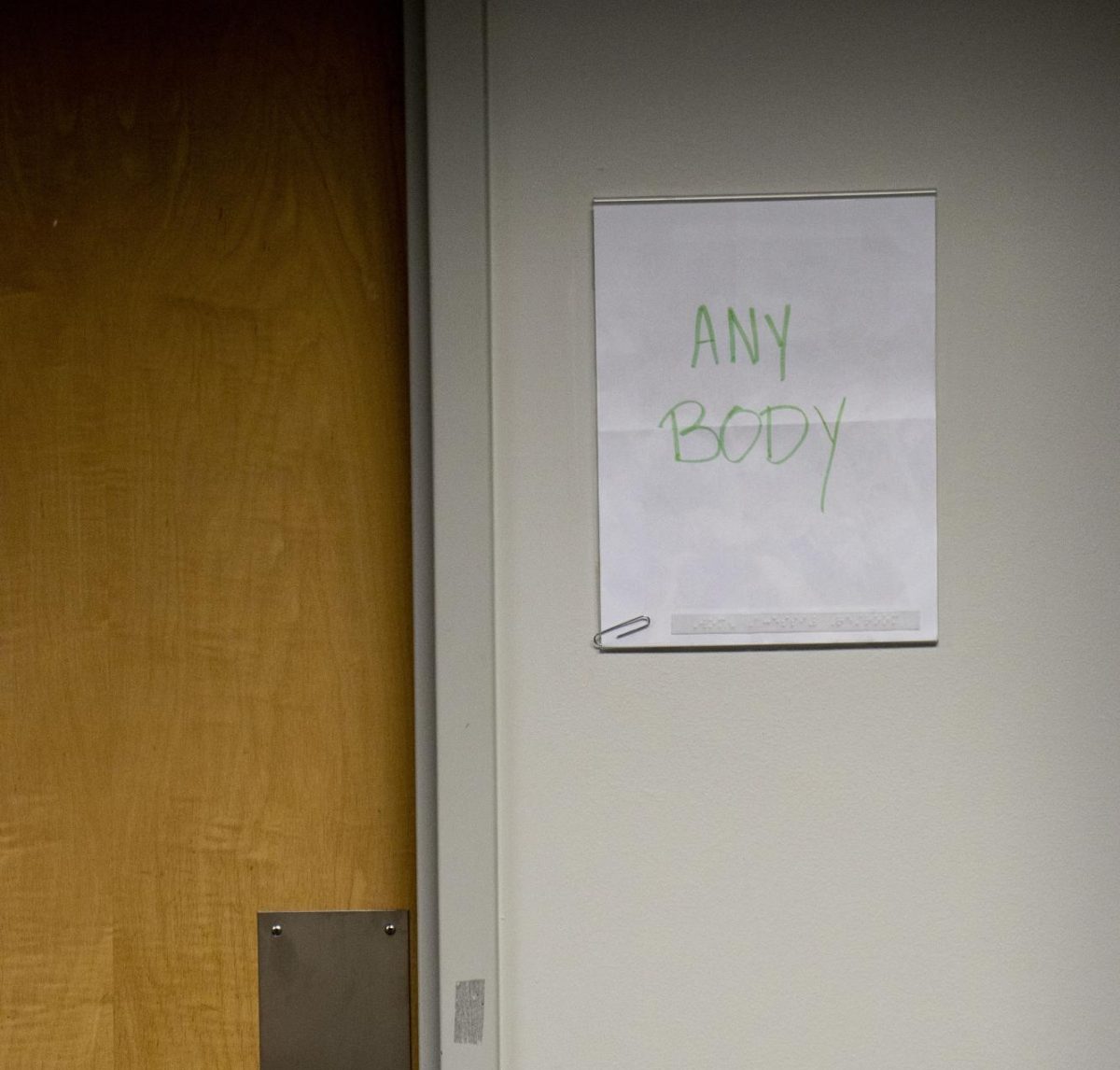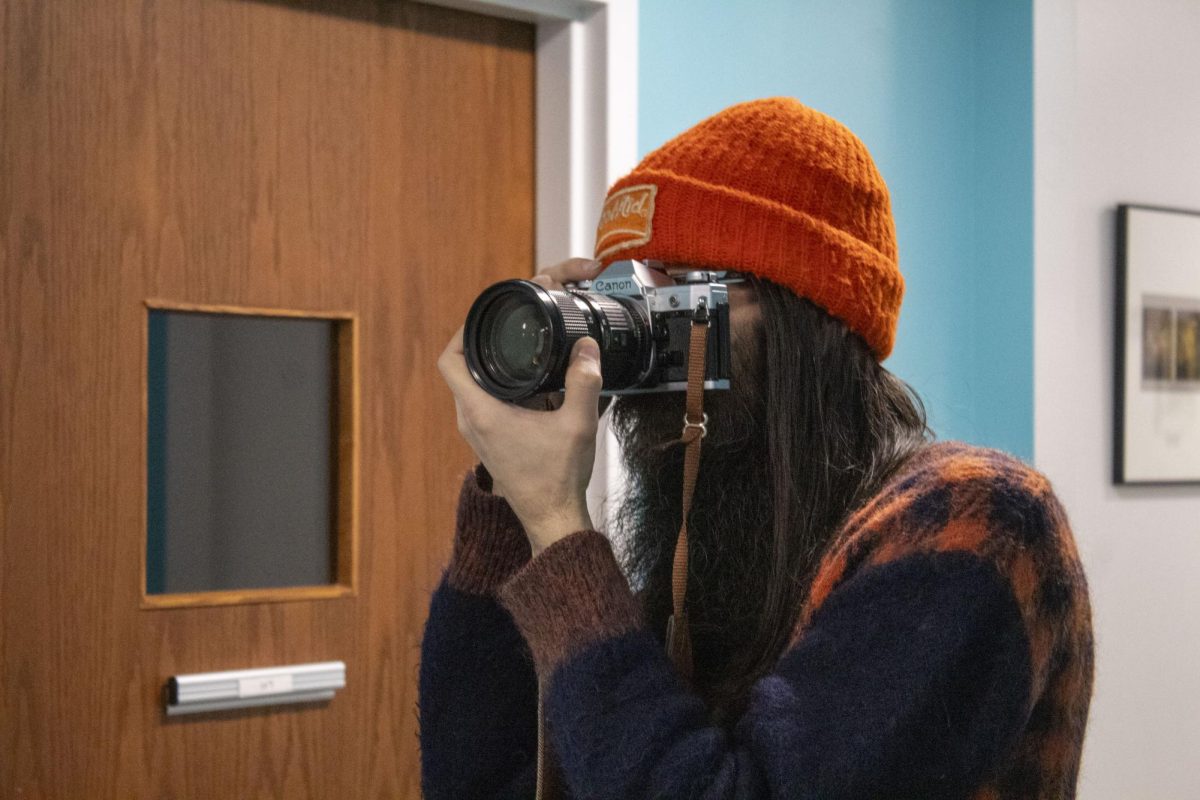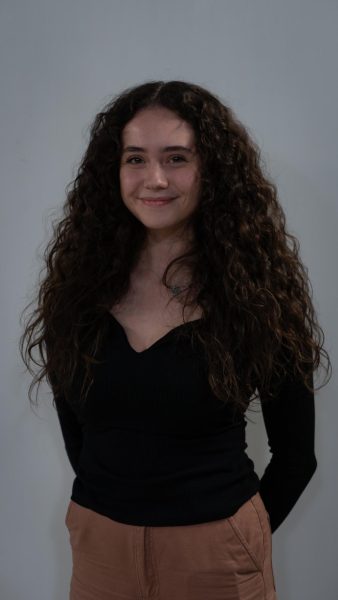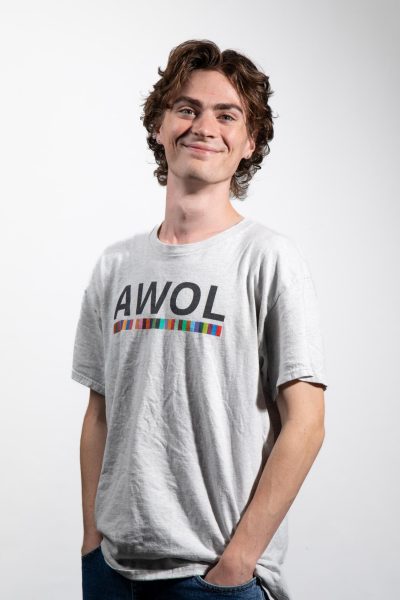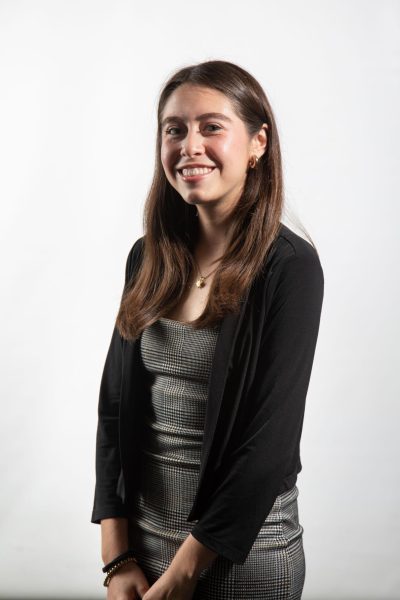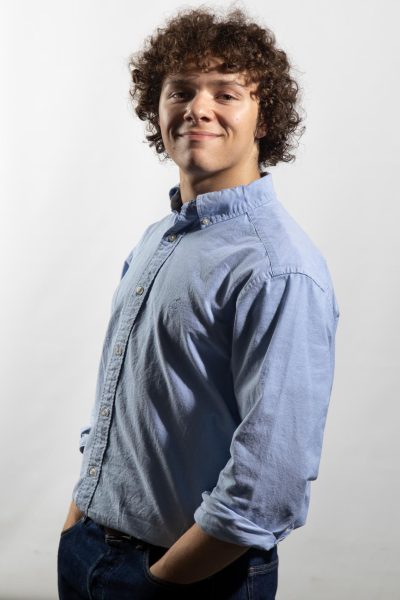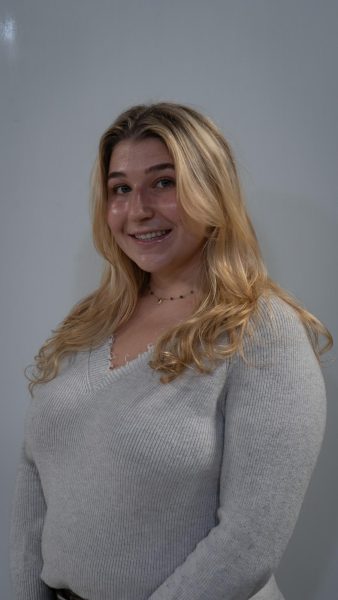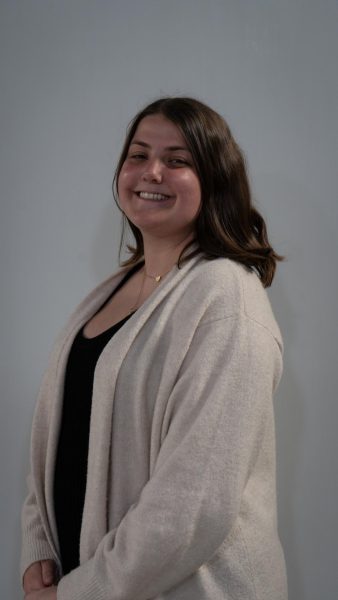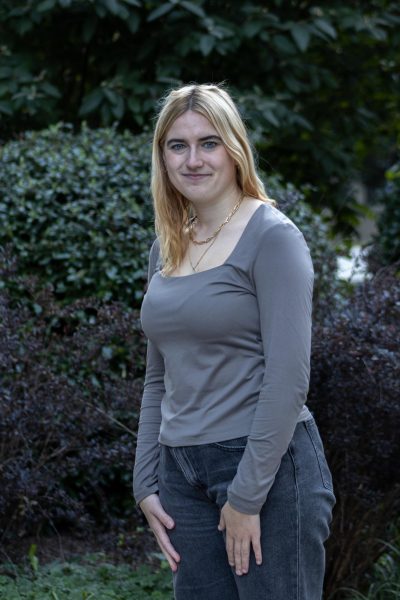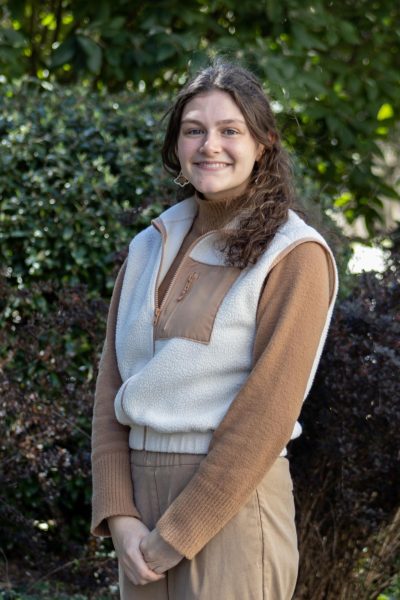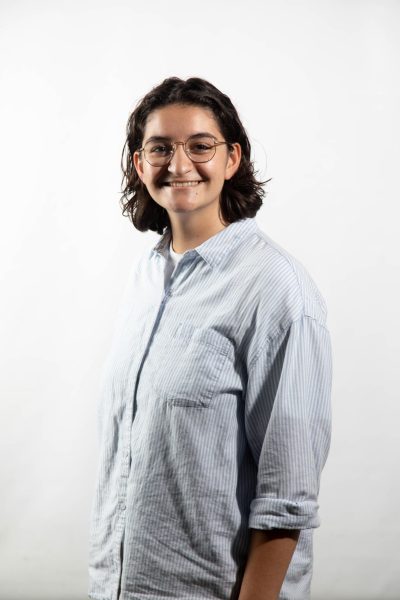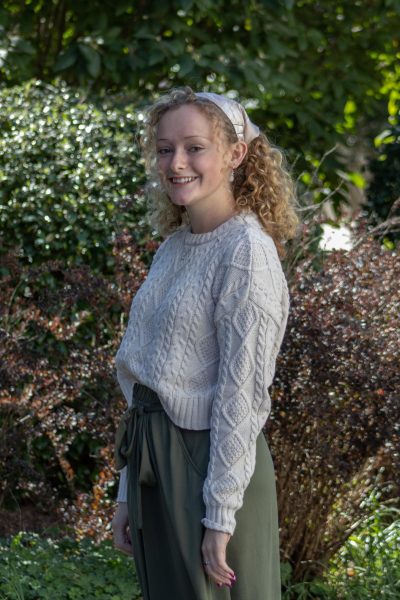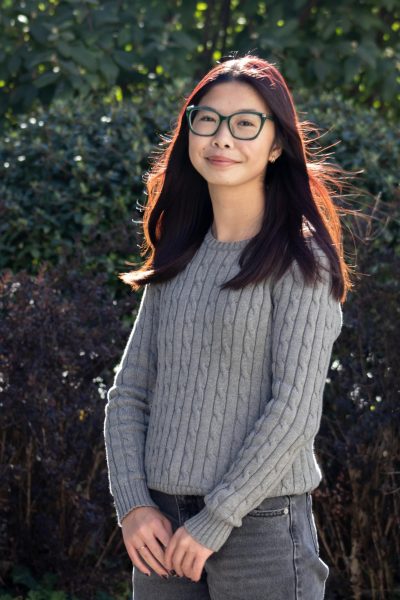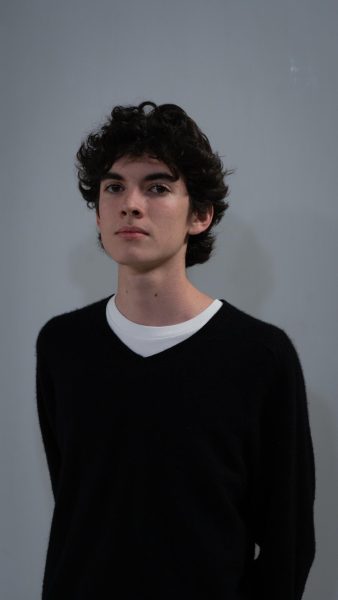This semester, AWOL’s multimedia team investigated how students and staff feel about accommodations and accessibility on American University’s campus.
Many students said they felt frustrated about the Academic Support and Access Center, or ASAC, through which accommodations are often acquired.
Katherine Radt, a first-year sociology major at AU, said she is concerned about the lack of guidance ASAC provides for students requesting accommodations. Radt said she is familiar with advocating for herself in this way but worries about those who don’t have that experience.
“I think transparency would be my starting place because students still don’t know what their possibilities are,” Radt said. “I think knowing what ASAC could possibly provide for you is essential.”
Radt said she worries about the structure of AU in general. After detailing multiple instances in which campus infrastructure did not work for her and her physical mobility aid, Radt said she felt frustrated.
“I just can’t leave that sense that everything has been designed for people who aren’t like me and I’m just trying to find my way through it,” Radt said.
Aleyah Ewing, the campus advocacy director for the Disabled Student Union, or DSU, also shared her feelings on the requirements for accommodations. Ewing said that a lot of the issues she has seen at the university stem from society’s view of disabled individuals as a whole.
“I think that this is really a reflection of a larger structural issue about how people with disabilities, especially invisible disabilities, are constantly forced to have to prove that they’re actually disabled. To prove that we need accommodations,” Ewing said.
Other students, however, had more positive experiences with ASAC. While she spoke about other issues on campus she has experienced, Elli Anderson, a first-year at AU, said she received the ASAC accommodations that she requested.
“ASAC’s actually been pretty positive for me. I know other students have not had great experiences, but for me personally I had a letter from a doctor that was very detailed and they were able to very clearly understand why it needed to be implemented,” Anderson said.
While ASAC offers accommodation services, some students felt a desire to grow a larger community. In
2021, the Disabled Student Union was created on campus to offer an affinity space for disabled students and their allies. According to its Engage page, the DSU states, “We want to inch closer to our goal of a friendly and compassionate world where ability does not define your worth.”
Elise Buellesbach, a senior and an accommodations advocate through DSU, has worked with the university to make changes for disabled students on campus.
Buellesbach said while ASAC makes decisions regarding students, she wishes the center would focus on student perspectives.
“AU has a lot of processes with intent to be really inclusive,” Buellesbach said. “But what gets lost in that is the humanness of it. The story of it. The emotions of it.”
Buellesbach, who has dietary-based needs, said accommodations cannot be generalized for all students. When centering disabled students’ perspectives, it’s important to acknowledge how unique they all will be, Buellesbach said.
“Disability doesn’t fit into a box,” Buellesbach said. “Disabilities are different and ranging. And even other people with dietary-based disabilities have had different experiences or need different things on campus.”
Faculty members have also said there is a need for community spaces on campus, which led to the formation of the Disability+ Faculty and Staff Affinity group. Marc Medwin, the co-lead for D+ FSA group, said that he feels the group cultivates space for faculty members of all different backgrounds, specifically those identifying as disabled.
“Disability always ends up last at the table when it comes to discussions regarding human issues facing the AU community.” Medwin said.
Overall, students expressed a need for more adequate accessibility options on campus. Buellesbach said she feels the issue is essential.
“Accommodations are about making campus accessible to everybody,” Buellesbach said. “Accommodations are about making campus and college this incredible opportunity for all students regardless of their ability.”
To view this story, see the “Accessibility Uncovered” video on AWOL’s YouTube channel.


